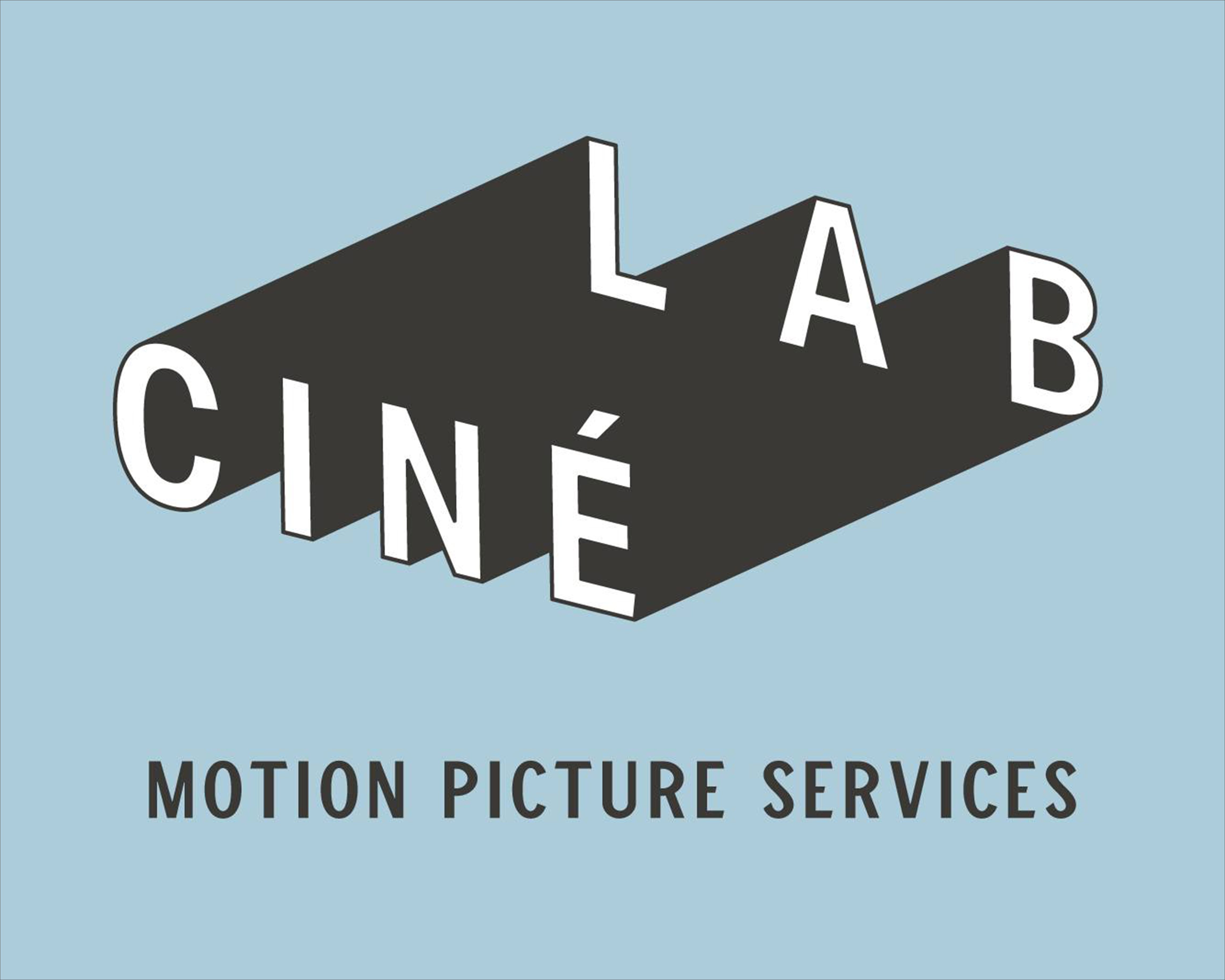Dear All,
I am doing a HD project with Panasonic HVX200 production, and I am not sure if I should record the sound to a seperate sound recorder or direct to the camera?
I understand if I don't have enough people, I just got stuck to record the sound to the camera.
However, let's say if I do have enough people, will it be better to record the sound into another recorder? You know, based on the spec of the camera, HVX200 records 16bit and 48HZ sound, which is just as same as the sound recorder I am going to use (By the way, which is a Tascam).
I must say that I feel very puzzeled that if the sound going directly to camera is as good as recored by double system. Why do people still do double system, which needs more people and requires to sync up in the post?
Also, as HVX200 and almost of all of the types of camears don't jam timecode (TC). Is there trick that I can do to let both camear and sound recorder have the identical TC, say if I have a sound recorder that can generate TC, like Sound Devices 702T?
I heard about that I can use the XLR sound input on the camera with line instead of MIC selected to connect to the sound recorder's TC out. Then the camera will have the same TC as the sound recorder runs. Is that so?
Thank you very much.
King
I am doing a HD project with Panasonic HVX200 production, and I am not sure if I should record the sound to a seperate sound recorder or direct to the camera?
I understand if I don't have enough people, I just got stuck to record the sound to the camera.
However, let's say if I do have enough people, will it be better to record the sound into another recorder? You know, based on the spec of the camera, HVX200 records 16bit and 48HZ sound, which is just as same as the sound recorder I am going to use (By the way, which is a Tascam).
I must say that I feel very puzzeled that if the sound going directly to camera is as good as recored by double system. Why do people still do double system, which needs more people and requires to sync up in the post?
Also, as HVX200 and almost of all of the types of camears don't jam timecode (TC). Is there trick that I can do to let both camear and sound recorder have the identical TC, say if I have a sound recorder that can generate TC, like Sound Devices 702T?
I heard about that I can use the XLR sound input on the camera with line instead of MIC selected to connect to the sound recorder's TC out. Then the camera will have the same TC as the sound recorder runs. Is that so?
Thank you very much.
King








